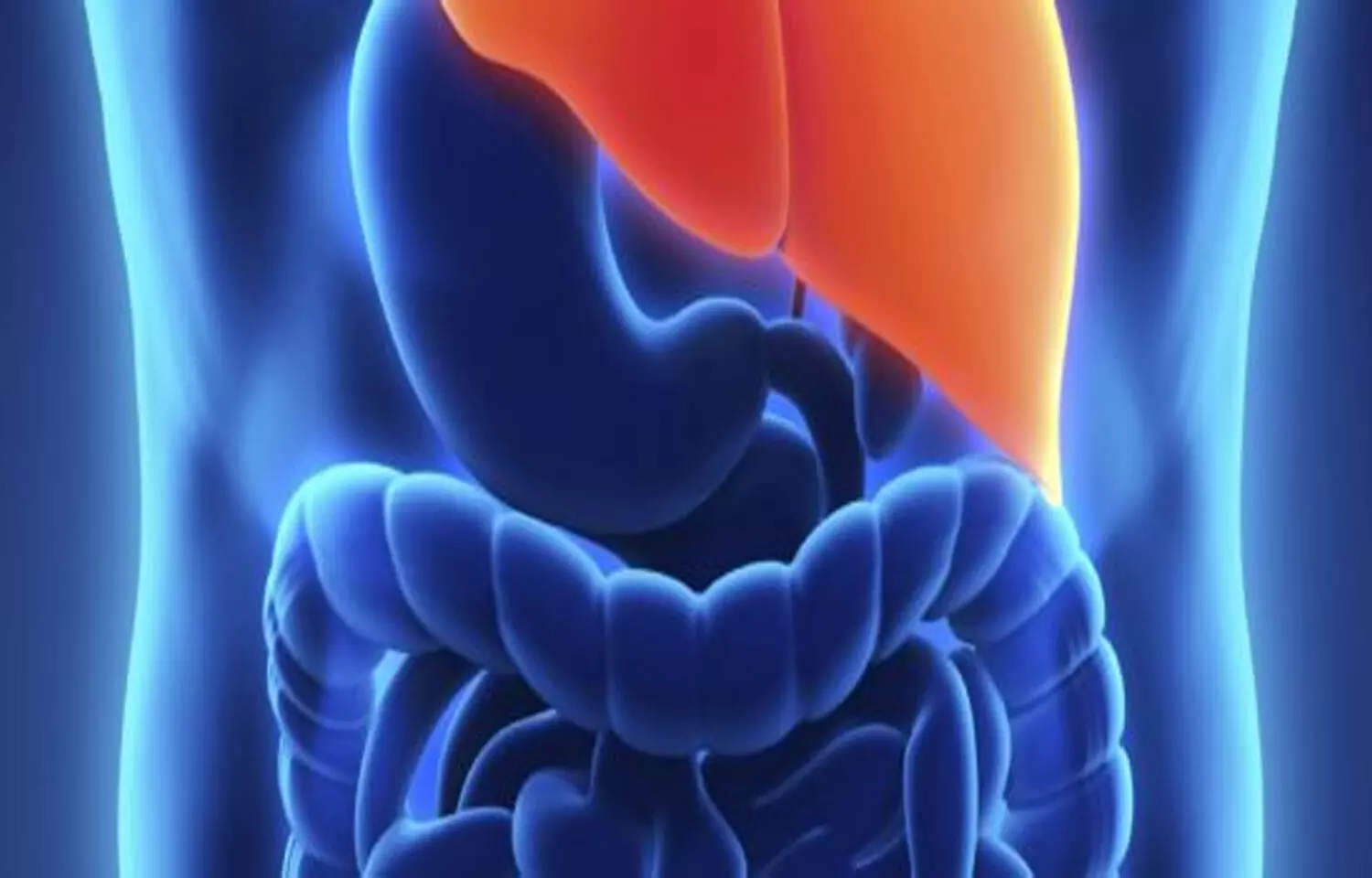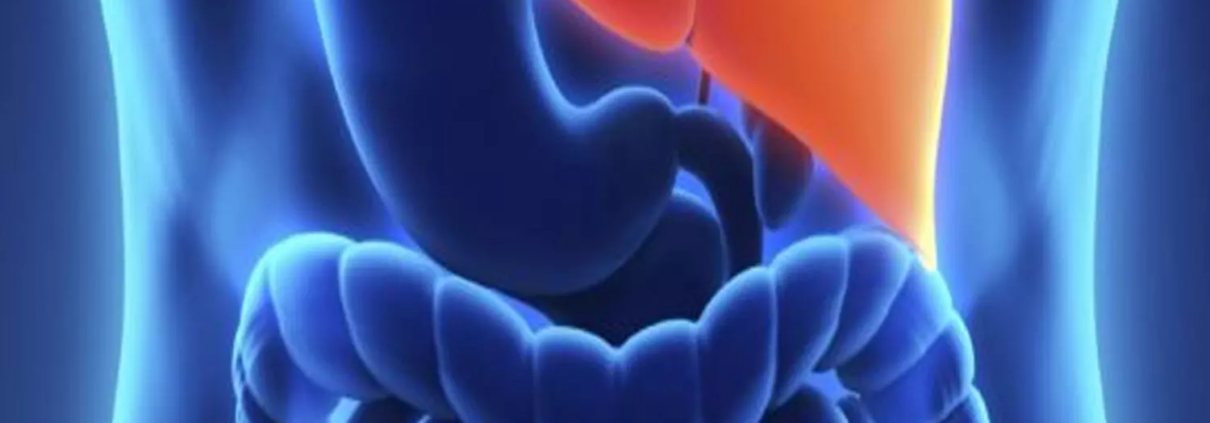Phospholipid curcumin Meriva Promising in Treatment of Nonalcoholic Steatohepatitis and Kidney Disease: Study

Researchers recently have found that Meriva, a phospholipid formulation of curcumin, is both safe and effective in improving liver histology, kidney disease, and metabolic profiles in patients with nonalcoholic steatohepatitis (NASH). This study was published in the journal Hepatology by Musso G. and colleagues. This study could lead to improved treatment options for NASH patients, who face increased risks of liver-related and kidney morbidity.
Nonalcoholic steatohepatitis (NASH) is a progressive liver disease that poses serious health risks, including liver fibrosis and chronic kidney disease (CKD). Traditional treatments have limited efficacy, prompting the search for alternative therapies. Meriva®, known for its enhanced systemic absorption and delivery of curcumin, has shown potential anti-inflammatory and metabolic benefits, making it a candidate for NASH treatment.
In a double-blind trial, 52 patients with biopsy-confirmed NASH were randomized to receive either 2 grams of Meriva® per day or a placebo for 72 weeks. The study’s primary endpoint was the resolution of NASH without worsening fibrosis. Secondary endpoints included improvement in liver fibrosis, regression of significant fibrosis and CKD, and enhancements in renal, glucose, lipid, and inflammatory parameters. The study also explored Meriva®’s effect on hepatic activation of Nuclear Factor (NF)-kB, a pro-inflammatory transcription factor targeted by curcumin.
Fifty-one patients completed the trial, with significant differences observed between the Meriva® and placebo groups:
-
62% of patients on Meriva® achieved NASH resolution compared to 12% on placebo (RR=5.33, 95% CI=1.76–12.13; p=0.003).
-
50% of patients on Meriva® showed at least a one-stage improvement in liver fibrosis, versus 8% on placebo (RR=6.50, 95% CI=1.63-21.20; p=0.008).
-
42% of Meriva® patients experienced regression compared to none on placebo (RR=18.01, 95% CI=1.43-36.07; p=0.02).
-
50% of patients on Meriva® saw regression in CKD versus none on placebo (RR=10.71, 95% CI=1.94-17.99; p=0.004).
Meriva® significantly improved various metabolic and inflammatory markers:
-
eGFR: Improved by +3.59 mL/min/1.73 m²/year (p=0.009).
-
Fasting Glucose: Decreased by 17 mg/dL (95% CI=−22, −12).
-
HbA1c: Reduced by 0.62% (95% CI=−0.87%, −0.37%).
-
LDL-C: Lowered by 39 mg/dL (95% CI=−45, −33).
-
Triglycerides: Decreased by 36 mg/dL (95% CI=−46, −26).
-
HDL-C: Increased by 10 mg/dL (95% CI=+8, +11).
-
The inhibition of hepatic NF-kB activity was a predictor of NASH resolution (AUC=0.90, 95% CI=0.84-0.95) and fibrosis improvement (AUC=0.89, 95% CI=0.82-0.96).
-
Adverse events were rare, mild, and evenly distributed between the Meriva® and placebo groups, confirming the safety and tolerability of Meriva® over the 72-week period.
This study demonstrates that Meriva® is a promising therapeutic option for NASH patients, providing significant benefits in liver histology, kidney disease, and metabolic health, likely through the inhibition of NF-kB. Further research and larger trials are warranted to confirm these findings and potentially expand the use of Meriva® in clinical practice.
Reference:
Musso, G., Pinach, S., Mariano, F., Saba, F., De Michieli, F., Framarin, L., Berrutti, M., Paschetta, E., Parente, R., Lizet Castillo, Y., Leone, N., Castellino, F., Cassader, M., & Gambino, R. (2024). Effect of phospholipid curcumin Meriva® on liver histology and kidney disease in nonalcoholic steatohepatitis a randomized, double-blind, placebo-controlled trial. Hepatology (Baltimore, Md.), 10.1097/HEP.0000000000000937. https://doi.org/10.1097/hep.0000000000000937



